Cold Food Festival
What is the Cold Food Festival?
The Cold Food Festival, also known as the “Hanshi Festival” or “Qingming Festival” in Chinese culture, is an annual event observed primarily in China and other East Asian countries. It typically falls on the 105th day after the winter solstice, around early April in the Gregorian calendar. The festival has ancient roots, dating back over 2,500 years. Tet Han Thuc, also known as the Cold Foods Festival, is indeed a traditional festival in Vietnam. It’s observed on the 3rd day of the third lunar month in the lunar calendar, which usually falls around On April 11th in the Gregorian calendar, similar to the Chinese Cold Food Festival.
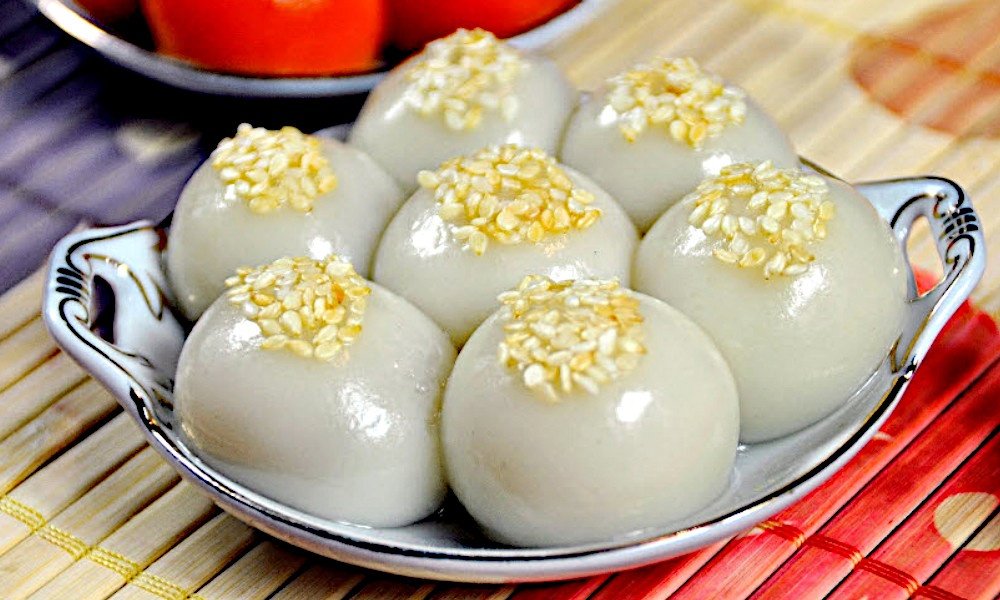
The Story of the Cold Food Festival
Jie Zitui’s loyalty to Duke Wen of Jin and his subsequent self-sacrifice exemplify the values of honor and integrity that were highly esteemed during the Spring and Autumn period in ancient China. Despite his significant contributions to the state, Jie chose to live in seclusion rather than seek recognition or reward for his deeds. His ultimate sacrifice, dying in the flames rather than compromising his principles, left a lasting impression on Duke Wen and the people of Jin.

The three-day fire ban ordered by Duke Wen, during which people refrained from lighting fires and ate cold food, served as a solemn tribute to Jie Zitui’s loyalty and sacrifice. Over time, this commemoration evolved into the annual Cold Food Festival, a tradition observed by generations to honor Jie’s memory and reflect on the importance of loyalty, filial piety, and selflessness.
Legends like these not only enrich cultural traditions but also provide valuable lessons and moral guidance for future generations. The Cold Food Festival continues to serve as a reminder of the virtues celebrated in ancient times and fosters a sense of connection to the past among contemporary observers.
What do people usually do on the festival?
During the Cold Food Festival, people traditionally commemorate deceased ancestors by visiting their gravesites, cleaning the tombs, and offering sacrifices such as food, wine, and other symbolic items. It’s a time for families to gather and pay respects to their ancestors, expressing filial piety and remembering their heritage.
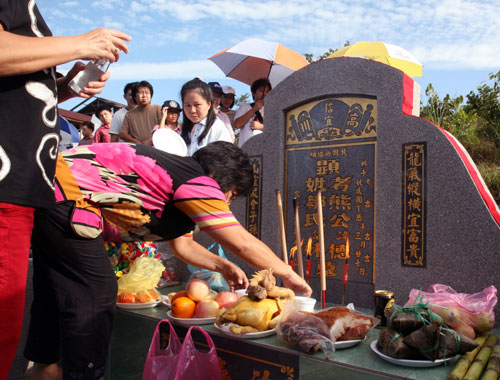
The name “Cold Food Festival” comes from the tradition of abstaining from consuming hot or cooked foods on this day. Instead, people eat cold dishes and snacks, such as cold meats, fruits, and vegetables. One of the most famous dishes associated with the festival is “Qingming Cakes,” made from glutinous rice and various fillings.

Beyond its traditional significance, the Cold Food Festival also marks the arrival of spring, and people often engage in outdoor activities such as flying kites, enjoying nature, and appreciating the beauty of blooming flowers. It’s a time of reflection, renewal, and reconnecting with both the past and the natural world.
What is Cold Food Festival in Vietnam?
During Tet Han Thuc, Vietnamese people typically commemorate their ancestors by visiting their gravesites, cleaning the tombs, and offering food and incense. They also eat specific traditional dishes, many of which are cold, hence the name Cold Foods Festival. These dishes often include glutinous rice balls, banh troi (floating dumplings), and banh chay (rice dumplings), among others.
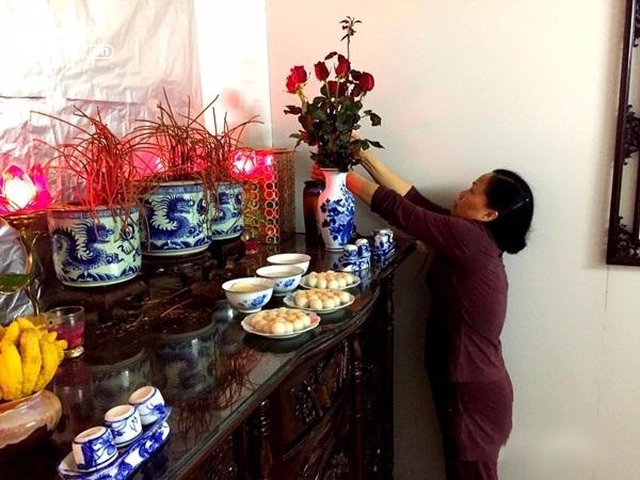
The festival holds cultural and historical significance in Vietnam, and it’s a time for families to come together, pay respects to their ancestors, and celebrate their heritage. If you have any more questions about Tet Han Thuc or Vietnamese culture, feel free to ask!
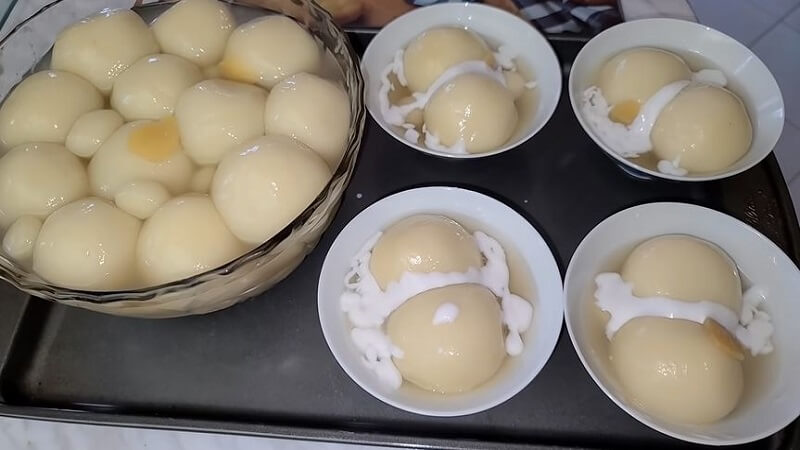
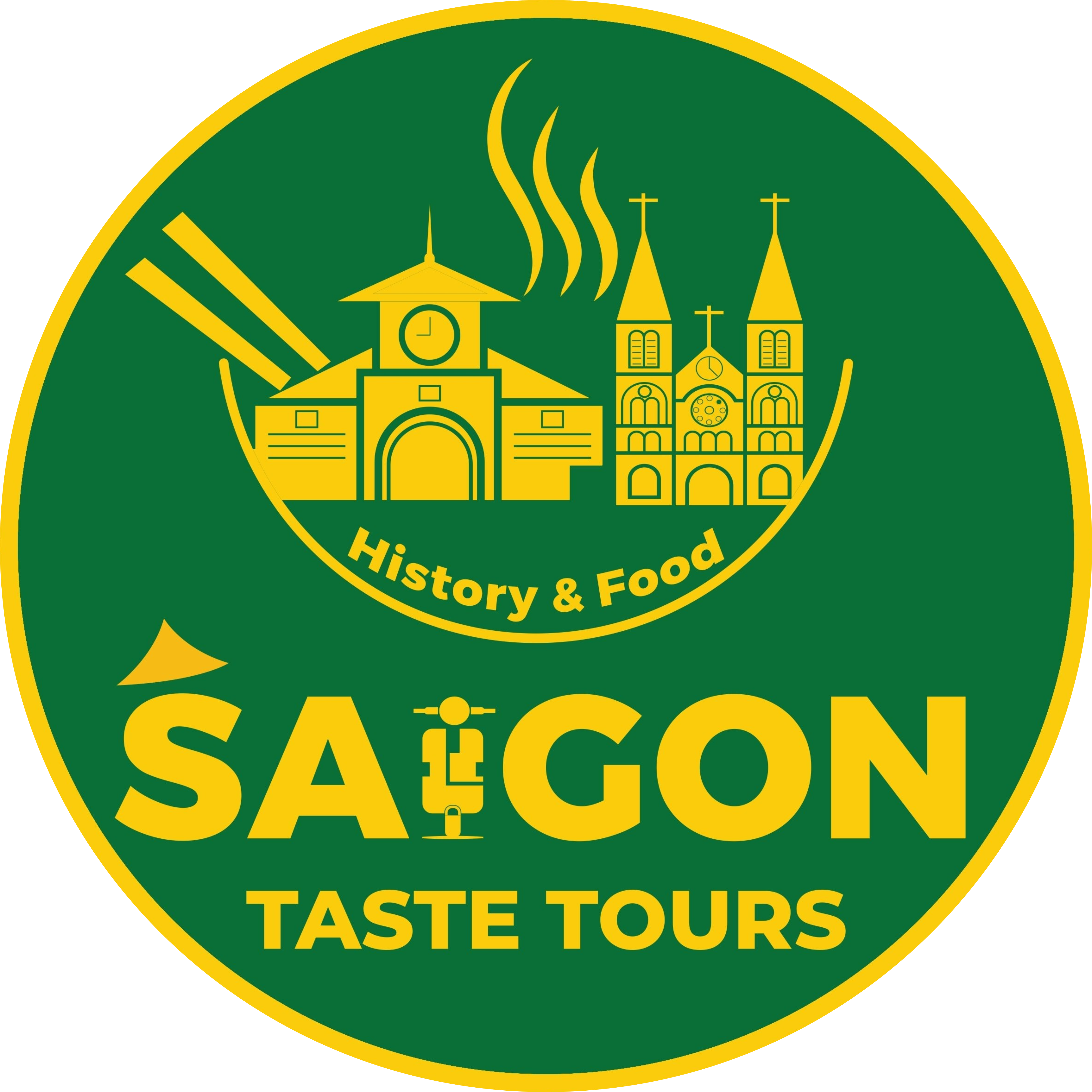
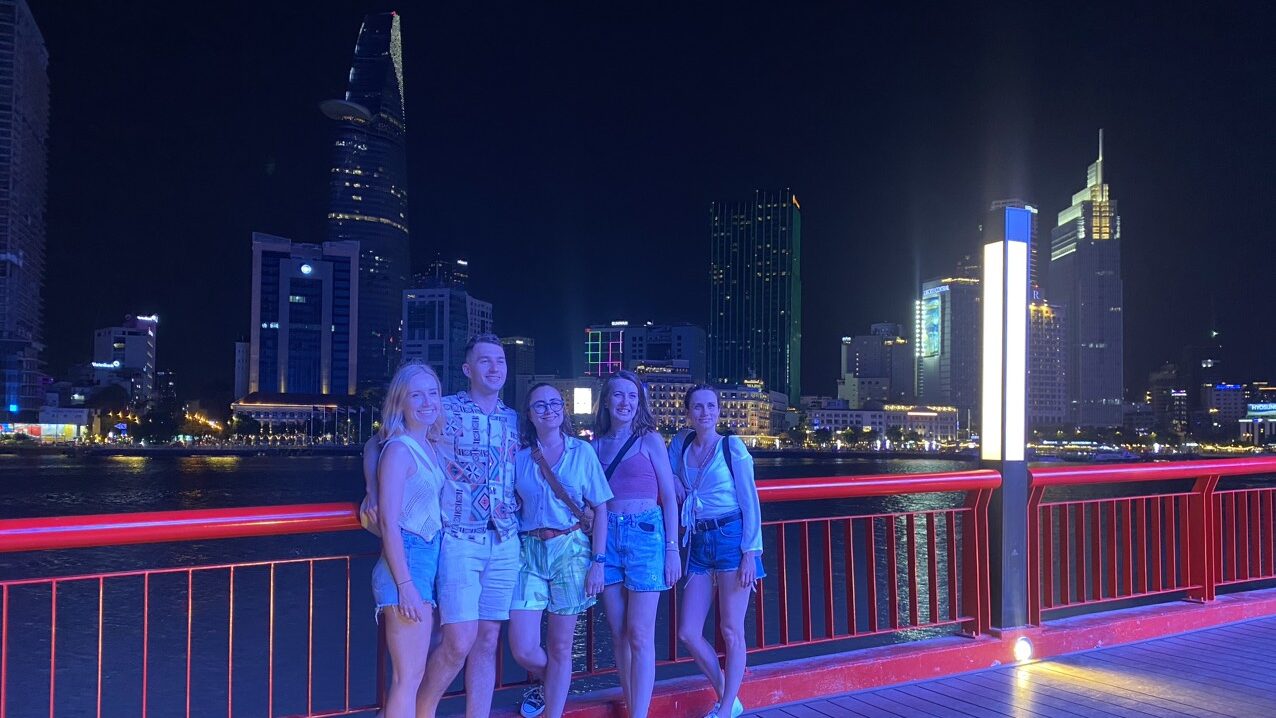
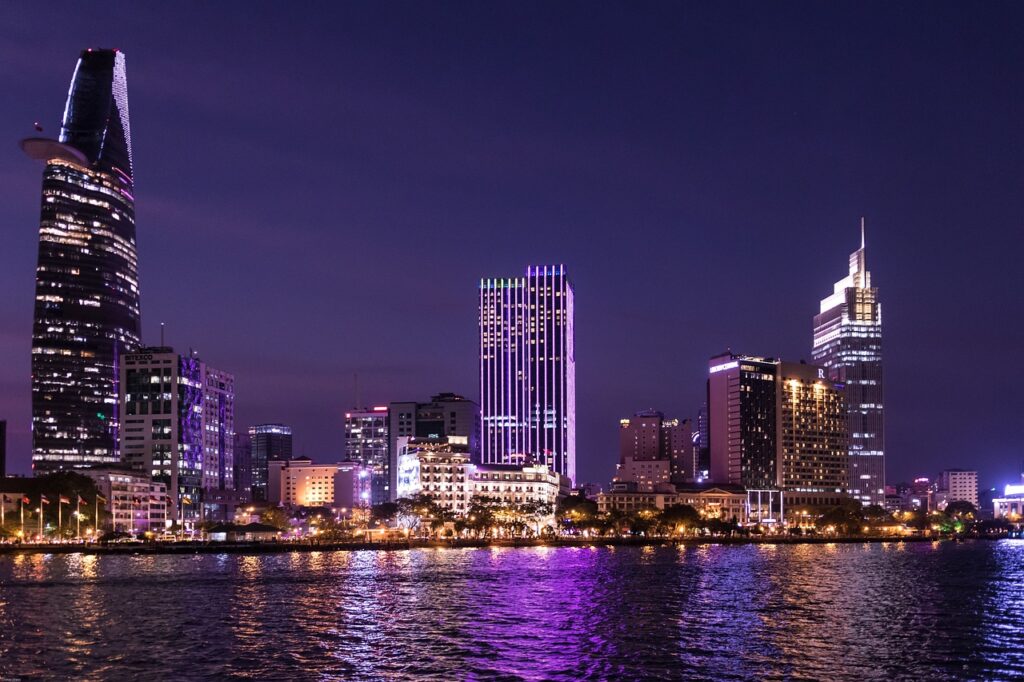
Leave a Reply